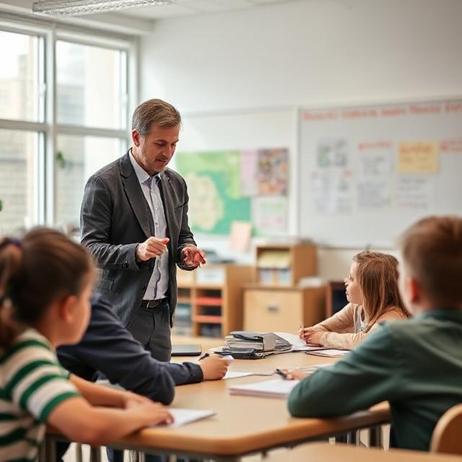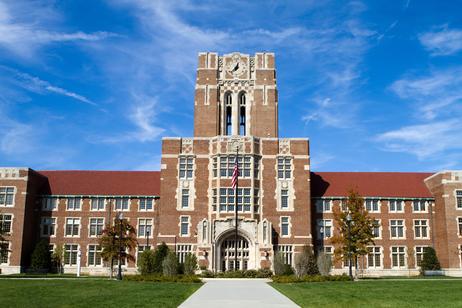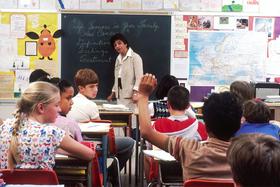The Private School Survival Guide for Teachers
If you are a teacher considering or currently working in a private school, this guide is designed to help you navigate the unique landscape of independent or parochial schools in 2025. From salary realities and recruitment practices to culture norms, workload expectations and retention strategies, the survival-kit below offers a professional, clear and practical overview—targeting educators, administrators and even informed parents who partner with teachers.
1. Understanding the Private School Landscape
Working in a private school means operating in a different environment from public education. Schools may be day or boarding, secular or religious, large or boutique. Especially in 2025, several trends are shaping this sector:
Teachers continue to face a national shortage: roughly 1 in 8 teaching positions remain unfilled or staffed by under-certified teachers.
Private schools are under pressure from global issues such as enrollment shifts, rising operational costs and increasing demand for transparency from parents.
Tuition and cost pressures continue: nationally, private school tuition averages about $14,000–$15,000 per year for K-12 in many schools in 2025.
For a teacher, this means you join a sector that expects high service, adaptability and engagement—often with fewer structural protections than public schools.
2. Salary, Benefits and Job Conditions
One of the key practical considerations for any teacher is compensation. In private schools:




















